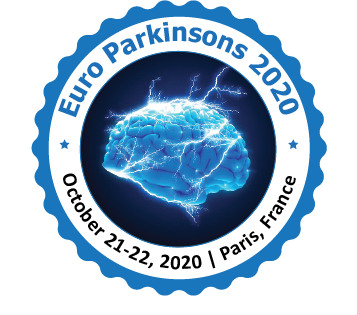6th Global Experts Meeting on Parkinsons and Movement Disorders
Paris, France
Biography
Biography: Iwona Sienko
Abstract
Stress is a natural part of our lives and healthy levels help us with creativity, reaching our goals and maintaining overall drive. Increased stress levels erode our health, productivity and overall happiness. Chronic stress is becoming an epidemic of the twenty-first century. To combat this state of affairs many began exploring the benefits of mindfulness as an antidote to chronic stress. Thirty years of research looking at the effects of mindfulness, as well as the neuroscience of mindfulness, offer compelling evidence to support the use of mindfulness practices. Some benefits of practicing mindfulness are stronger focus, better memory, staying calmer under stress, enhanced concentration and executive functioning, improved overall mental and physical health. In 2015, the School of Nursing at UBC Okanagan began offering a smartUBC to all first-year students in a mandatory Relational Practice course. The rationale was two-fold: to provide undergraduate students with mindfulness skills and capacities to help them navigate and succeed in their first year of university as well as stress management and resiliency techniques for their nursing practice. These students are currently part of a 6-year longitudinal study looking at the efficacy of smartUBC. First-year findings provide preliminary evidence that the smartUBC course offers coping techniques to nursing students to assist them with the demands of school. We offered smartUBC to our faculty and staff and have expanded the program into the community. Program evaluation into these sessions reports that the curriculum has a positive impact on both work and personal lives. The vast majority of participants would recommend the course to others and faculty members believe there is a benefit to offering smartUBC in the academic environment. The smartUBC (stress management and resiliency techniques) curriculum has its foundation in MBSR (mindfulness-based stress reduction) with added components of emotional theory and forgiveness and compassion training.

